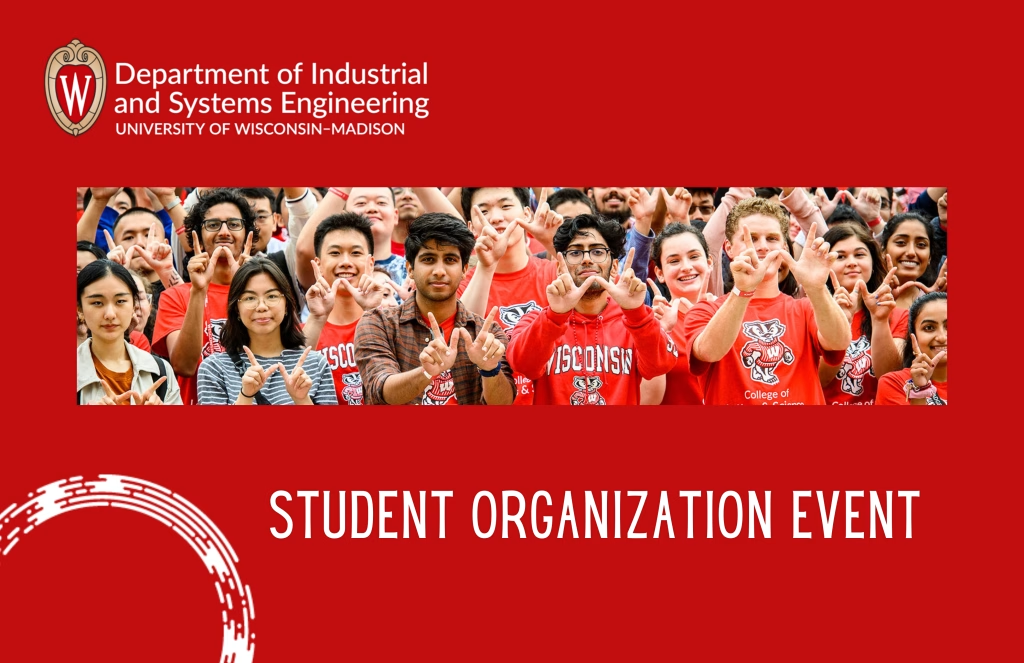
- This event has passed.
Toward adaptive interventions: Neurophysiological sensor-based modeling for human performance
November 1, 2024 @ 12:00 PM – 1:00 PM

Human-centricity is one of the core values of Industry 5.0, motivated by several challenges encountered with Industry 4.0, including social and workforce heterogeneity. An increasing number of inexperienced users interacting with sophisticated technologies underscores the need for continuous and personalized interventions taking into account contextual factors and individual differences. Recent advances in wearable and physiological sensing technologies have allowed continuous performance assessment and monitoring during time-sensitive tasks. This talk introduces the Human and Systems Lab’s recent works on modeling and predicting multitasking performance using machine learning and features from neural and physiological sensors. The findings highlight their potential for integration into training and intervention system designs.
Bio: Ji-Eun Kim is an Associate Professor in the Department of Industrial and Systems Engineering at the University of Washington and the director of the Human and Systems Lab. Her research centers on designing adaptive interventions that accommodate diverse groups of users. To achieve this, she uses neurophysiological sensors to model and predict human performance. She holds a Ph.D. in Industrial Engineering from the Pennsylvania State University. Her research has been supported by the National Science Foundation (NSF), Veterans Affairs, and Northwest Kidney Centers. She is a recipient of the 2023 NSF CAREER Award and the 2020 UW Faculty Appreciation for Career Education & Training Award. She serves as the chair of the human performance modeling technical group at the Human Factors and Ergonomics Society.


